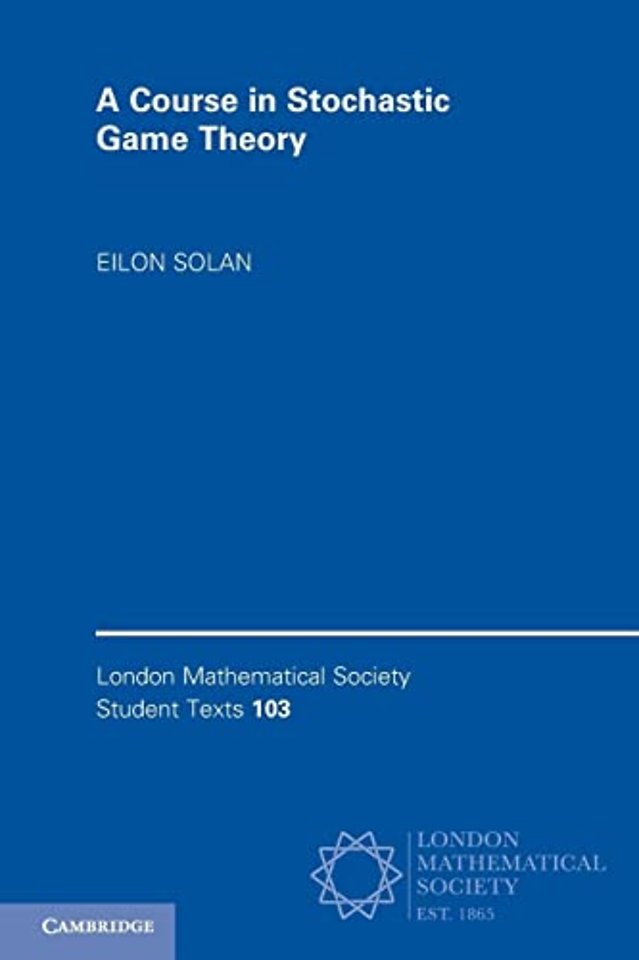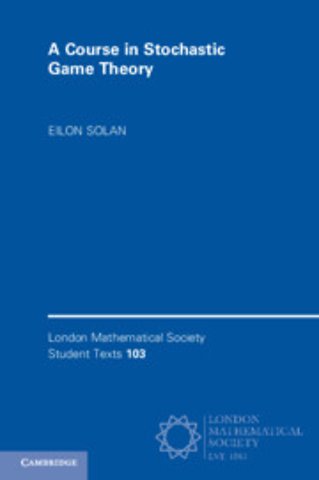A Course in Stochastic Game Theory
Samenvatting
Stochastic games have an element of chance: the state of the next round is determined probabilistically depending upon players' actions and the current state. Successful players need to balance the need for short-term payoffs while ensuring future opportunities remain high. The various techniques needed to analyze these often highly non-trivial games are a showcase of attractive mathematics, including methods from probability, differential equations, algebra, and combinatorics. This book presents a course on the theory of stochastic games going from the basics through to topics of modern research, focusing on conceptual clarity over complete generality. Each of its chapters introduces a new mathematical tool – including contracting mappings, semi-algebraic sets, infinite orbits, and Ramsey's theorem, among others – before discussing the game-theoretic results they can be used to obtain. The author assumes no more than a basic undergraduate curriculum and illustrates the theory with numerous examples and exercises, with solutions available online.
Specificaties
Inhoudsopgave
Anderen die dit boek kochten, kochten ook
Net verschenen
Rubrieken
- aanbestedingsrecht
- aansprakelijkheids- en verzekeringsrecht
- accountancy
- algemeen juridisch
- arbeidsrecht
- bank- en effectenrecht
- bestuursrecht
- bouwrecht
- burgerlijk recht en procesrecht
- europees-internationaal recht
- fiscaal recht
- gezondheidsrecht
- insolventierecht
- intellectuele eigendom en ict-recht
- management
- mens en maatschappij
- milieu- en omgevingsrecht
- notarieel recht
- ondernemingsrecht
- pensioenrecht
- personen- en familierecht
- sociale zekerheidsrecht
- staatsrecht
- strafrecht en criminologie
- vastgoed- en huurrecht
- vreemdelingenrecht







